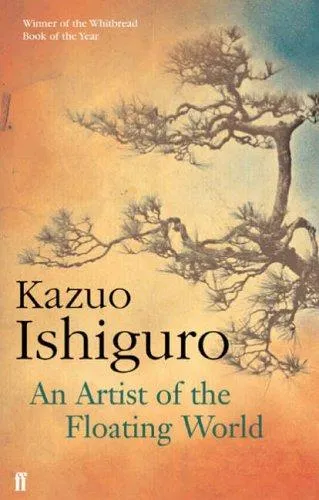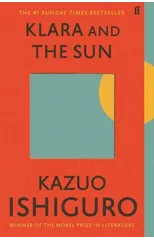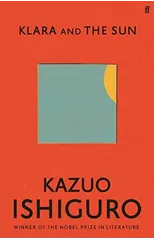WINNER OF THE WHITBREAD BOOK OF THE YEAR It is 1948. Japan is rebuilding her cities after the calamity of World War II, her people putting defeat behind them and looking to the future. The celebrated painter Masuji Ono fills his days attending to his garden, his house repairs, his two grown daughters and his grandson, and his evenings drinking with old associates in quiet lantern-lit bars. His should be a tranquil retirement. But as his memories continually return to the past - to a life and a career deeply touched by the rise of Japanese militarism - a dark shadow begins to grow over his serenity.
Kazuo Ishiguro
Kazuo Ishiguro is a Japanese-born British author known for his subtle and haunting novels exploring themes of memory, loss, and identity. His most notable works include "The Remains of the Day," which won the Man Booker Prize in 1989, and "Never Let Me Go," a dystopian novel that was shortlisted for the Booker Prize in 2005. Ishiguro's writing style is characterized by its spare and precise prose, as well as its deep emotional resonance. His contributions to literature have earned him widespread acclaim and established him as a leading voice in contemporary fiction. "The Remains of the Day" remains his most famous work, praised for its exploration of duty, regret, and the passage of time.




